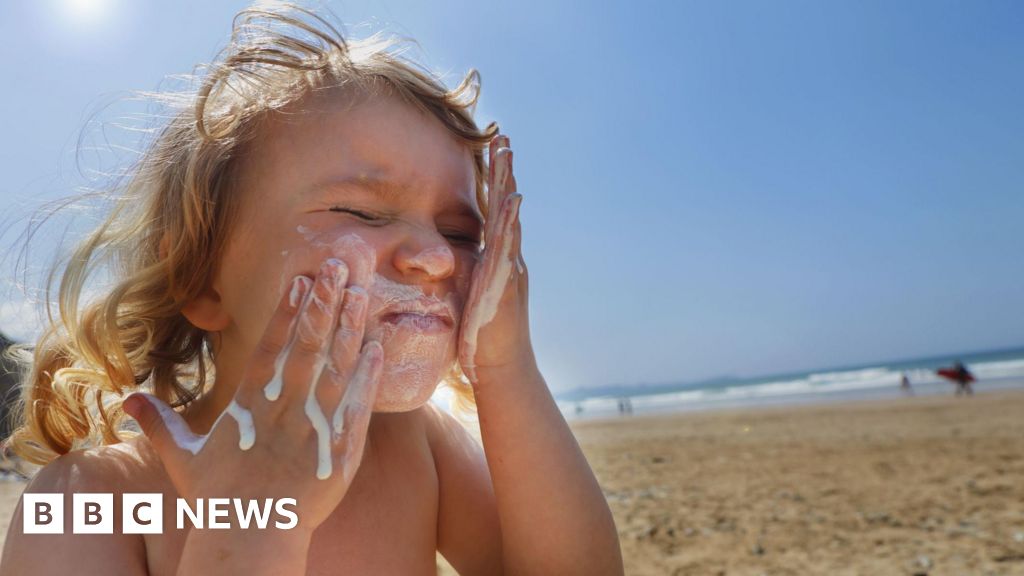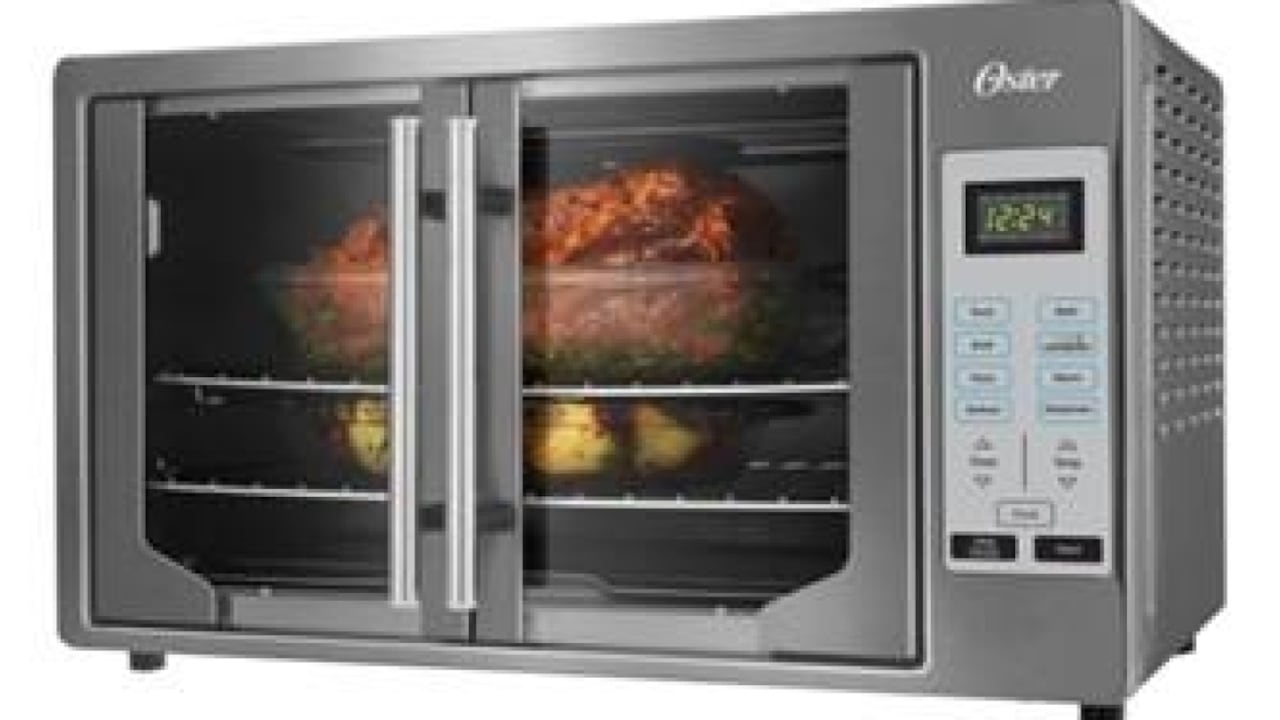Australia Sunscreen Scandal: More Products Pulled Amid Safety Concerns
A growing sunscreen scandal in Australia has led to the removal of more products from shelves due to safety concerns. The issue revolves around inaccurate SPF claims and questions about the reliability of testing laboratories, raising alarms in a country with the highest rate of skin cancer globally.
Expanding Recall and Regulatory Action
The Therapeutic Goods Administration (TGA), Australia's medicines regulator, has warned about 20 additional sunscreens sharing the same base formula and expressed "significant concerns" regarding a particular testing laboratory. This follows an earlier recall of Ultra Violette's Lean Screen Skinscreen, which was found to have an SPF of only 4 despite being labeled SPF 50+.
Of the 21 products identified by the TGA, eight have been recalled or had their manufacture halted completely. Sales of ten other products have been paused, and two more are under review. Notably, one product made in Australia is not sold within the country.
Root of the Problem: Base Formula and Testing Integrity
The TGA's preliminary testing indicates that the problematic base formulation is unlikely to have an SPF greater than 21, with some products potentially as low as SPF 4. This discovery has brought into question the integrity of the SPF testing process and the accuracy of claims made by sunscreen manufacturers.
Wild Child Laboratories Pty Ltd, the manufacturer of the base formula, has ceased its production. According to Wild Child Laboratories boss Tom Curnow, the TGA found no manufacturing issues at their facility. He suggests that the discrepancies are part of a broader industry-wide issue.
"The discrepancies reported in recent testing are part of a broader, industry-wide issue," - Tom Curnow, Wild Child Laboratories.
Concerns About Princeton Consumer Research Corp (PCR Corp)
The TGA has expressed "significant concerns" about testing conducted by Princeton Consumer Research Corp (PCR Corp), a US-based lab. Many companies using the problematic base formula relied on PCR Corp's testing to support their SPF claims. The TGA has contacted PCR Corp but has yet to receive a response.
PCR Corp, in a statement to the BBC, suggested that external factors could explain the SPF rating discrepancies. They highlighted manufacturing variability, raw-material differences, packaging, storage conditions, product age, and in-market handling as potential influences on SPF.
"Sunscreen performance measured in a laboratory reflects the exact batch and condition of the sample submitted at that moment... Multiple factors outside the laboratory - such as manufacturing variability between batches, raw-material differences, packaging, storage conditions, product age, and in-market handling - can influence the SPF of products sold later." - PCR Corp statement.
Implications and Future Actions
This sunscreen scandal has caused a significant backlash from consumers in Australia and could have global implications. It highlights the need for stricter SPF testing requirements and greater oversight of sunscreen manufacturing processes to ensure product safety and efficacy. The TGA is reviewing existing SPF testing requirements. Wild Child Laboratories has ceased working with PCR and is now using other accredited independent laboratories for testing.
With Australia having the highest rate of skin cancer in the world, where an estimated two out of three Australians will have at least one skin cancer cut out in their lifetime, the reliability of sunscreen is paramount. This incident underscores the importance of robust regulation and independent verification to protect public health.
 Visit the website
Visit the website

